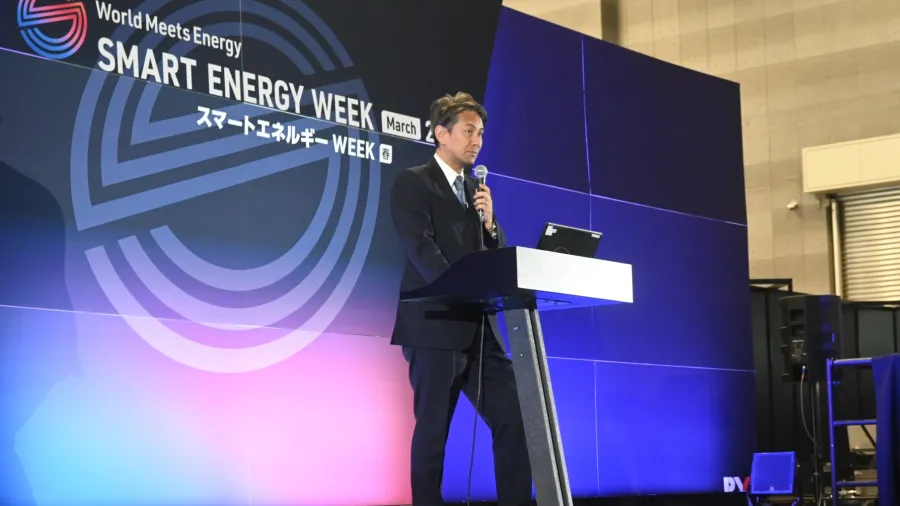
How Japan plans to accelerate energy, green transformation
It targets to raise renewable energy share to up to 38% by 2030.
As Japan is amongst the top contributors to carbon emissions in the world, the country is targeting over $1t (JPY150t) of investment over the next 10 years from both the private and public sectors to drive the country’s green transformation (GX).
Japan ranked fifth in the world for carbon dioxide (CO2) emissions in 2017, accounting for 3.4% of the total 32.8 billion tonnes of CO2 emissions.
“The public and private [sectors] should cooperate for green transformation,” Hiro Inoue, director-general of Energy Conservation and Renewable Energy Department Agency for Natural Resources and Energy Minister of Economy, Trade and Industry (METI), said at the World Smart Energy Week held in Tokyo, Japan.
Since the energy sector is responsible for 93% of the country’s emissions, totalling 1.14 billion tonnes, Japan is allocating around $405.8b (JPY60t) to ramp up its renewable energy (RE) capacity, and develop nuclear power and hydrogen/ammonia over the next 10 years.
On top of that, about $541.1b (JPY80t) will be allotted for energy saving and fuel conversion in the manufacturing industry, digital investment for decarbonisation, support for the battery industry and the transformation of the aircraft industry, and next-generation vehicles, houses, and buildings.
Inoue said another $67.6b (JPY10t) will be made available for the resource recycling industry, biomanufacturing, and carbon capture and storage.
Under the GX Promotion Act, the Japanese government plans to employ five strategies, starting with formulating and implementing a promotion strategy for GX that considers the status of the economy.
It will also offer GX Economic Transition Bonds with around (JPY20t) targeted over the 10-year period, which will support technological development that will make decarbonisation as well as its raw components more profitable, Inoue said.
The government also aims to introduce growth-oriented carbon pricing to boost the added value of green-transformation-related products and businesses. One component of this strategy is the introduction of a fossil fuel surcharge for importers, based on the amount of CO2 emissions, starting in 2028.
By 2033, Japan shall introduce CO2 emission allowances (volumes) to power generation businesses for a partial fee.
A GX Promotion Organisation will also be established to support the investment of private companies, whilst the government will be on the lookout for progress evaluation. This will ensure that investments, both locally and abroad, are meeting its targets and implementing necessary revisions based on the evaluation.
Renewable targets
As of financial year 2022, the share of RE in Japan’s energy mix stood at 21.7%, up from 10.4% in 2011. Inoue said they aim to reach a renewable energy mix of 36%-38%.
Per sector, solar is projected to reach a 14%-16% share by 2030 from 9.2% in 2022, wind energy will increase to 5% from 0.9%, hydropower will reach 11% from 7.6%, geothermal will rise to 1% from 0.3%, whilst biomass will be at 5% from 3.7%.
Inoue added that as part of the strategy to boost the country’s renewables, they plan to introduce them in coexistence with local communities.
He said they will promote rooftop solar installation to promote solar in communities. To install offshore wind farms, they will improve the local communities such as the ports, amongst others.
For hydropower, they will also use artificial intelligence to improve operations to enhance power generation as well as flood control. He noted in the presentation that they will promote cost reduction of domestically-produced biomass fuel by developing other sources such as fast-growing trees and broad-leaved trees.
According to data from METI, to make RE a “mainstay power source” and to achieve its target, the government would have to augment its power grid system by over eight times more than the previous decade. So, Japan will be building an undersea transmission line from Hokkaido Prefecture which will be completed by 2030.
METI added that Japan plans to use nuclear power but there is a need to build next-generation advanced reactors within the existing nuclear power plants site that will be decommissioned.
It added that the operation period for power plants, which is limited to 40 years but could be extended for another 20 years, “will be approved to be additionally extended for a certain length of outage periods.”
“In addition, we will promote the nuclear fuel cycle, develop a mechanism for sharing knowledge and securing funds for steady and efficient decommissioning, encourage country-led understanding by citizens to realise final disposal and drastically strengthen proactive work for local municipalities,” it said.
Japan in 2011 was struck by a magnitude 9 earthquake followed by a tsunami, damaging the nuclear power plant in Fukushima.
World Smart Energy Week, held from 28 February to 1 March, is the largest-scale energy show and exhibit for the latest technologies across various sectors, drawing over 1,400 exhibitors and 69,000 attendees.
$1 = JPY147.85

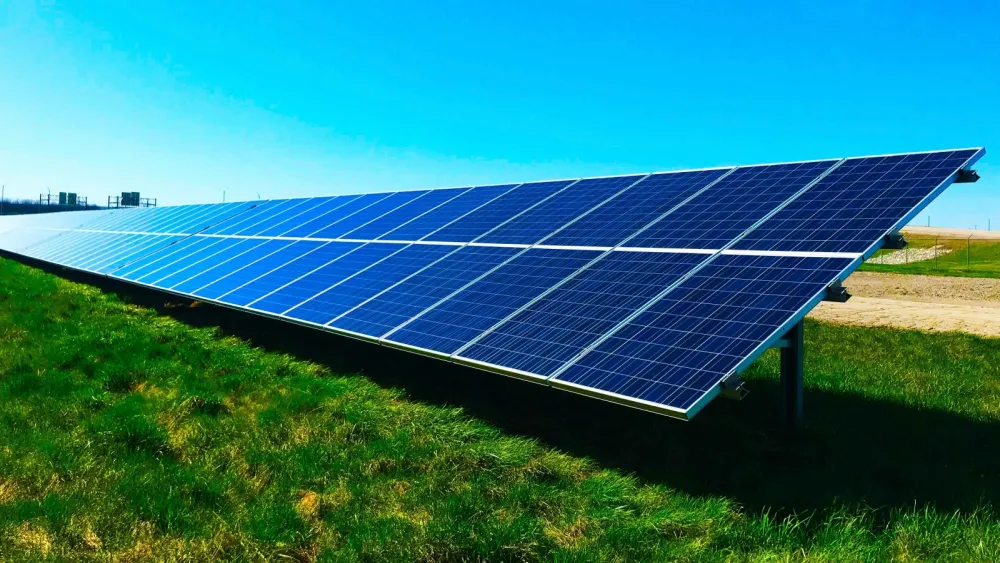
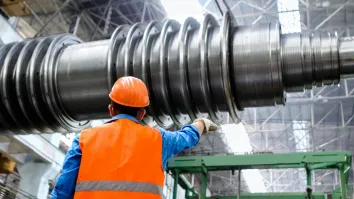
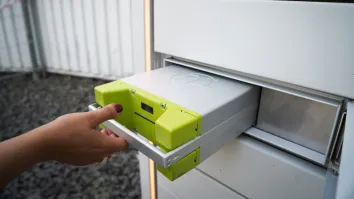
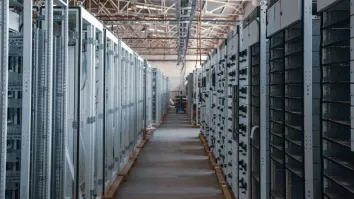
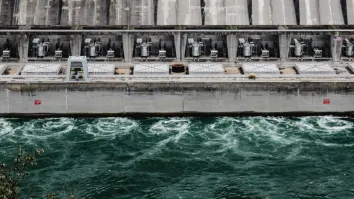













 Advertise
Advertise







